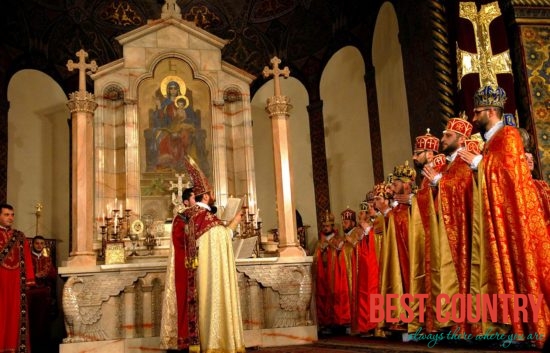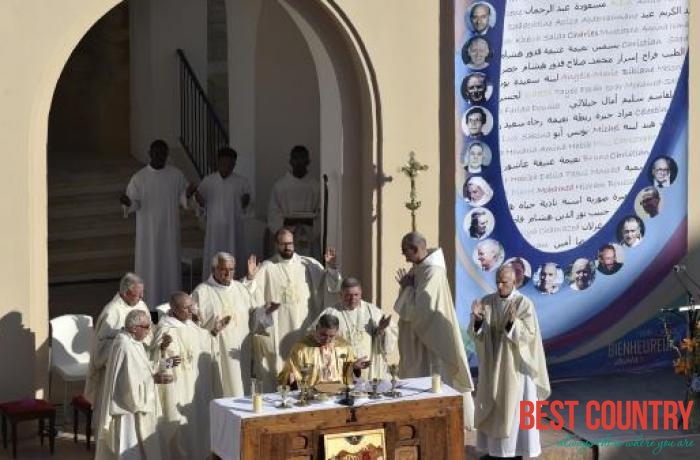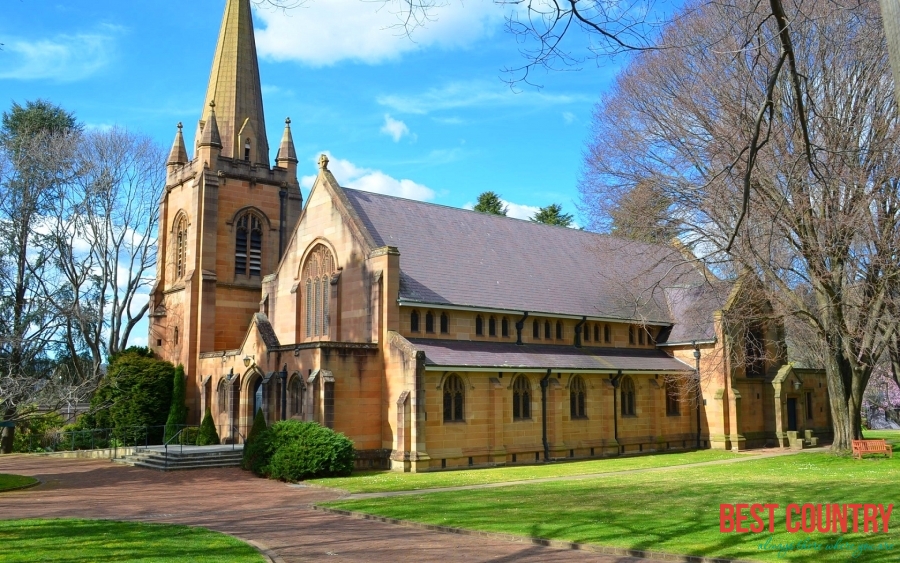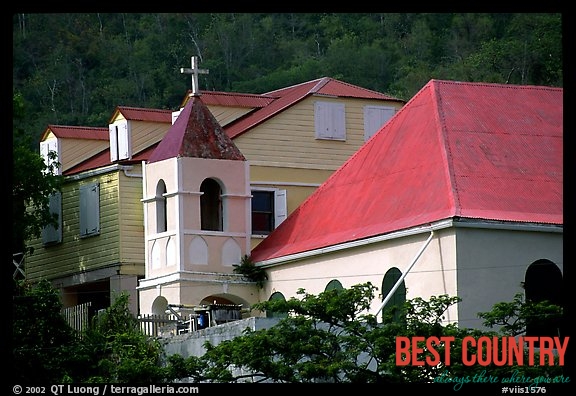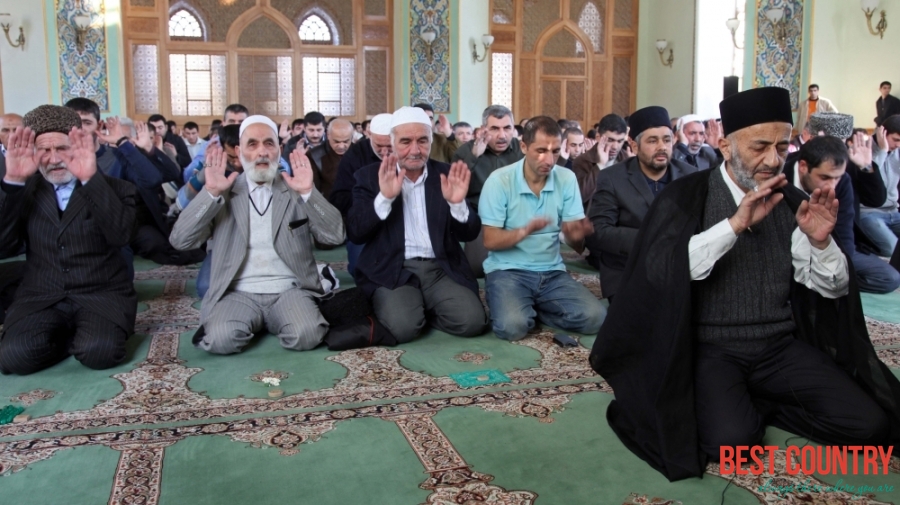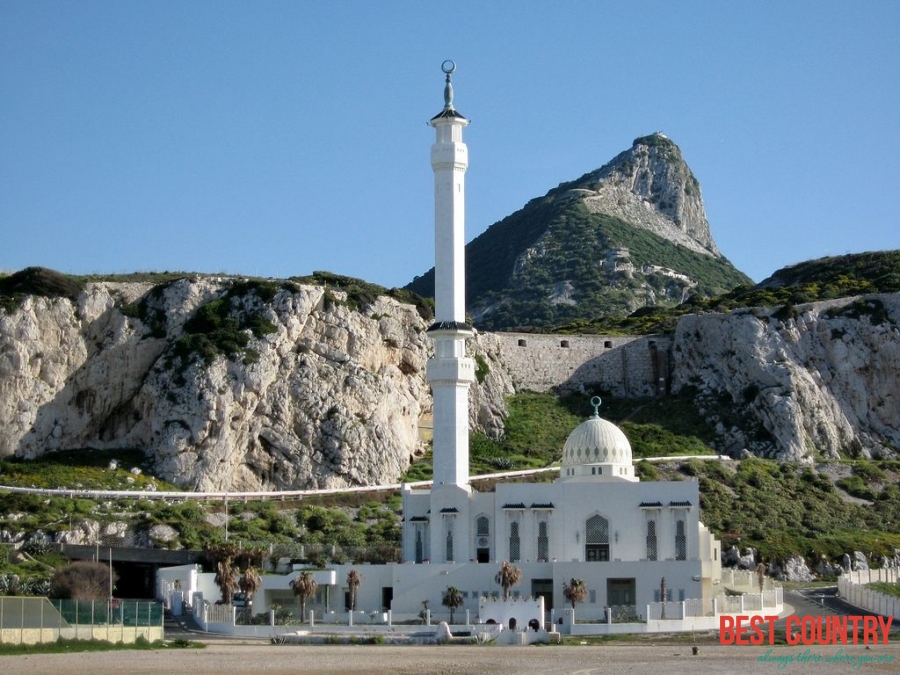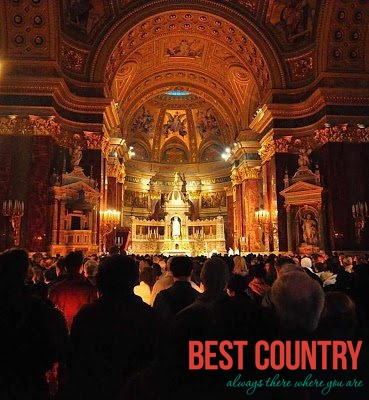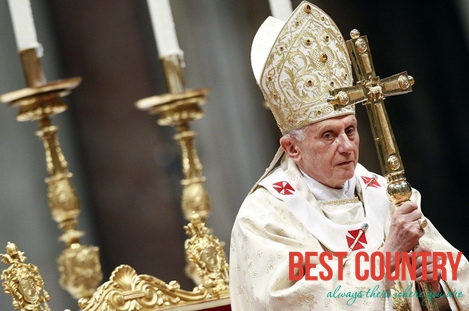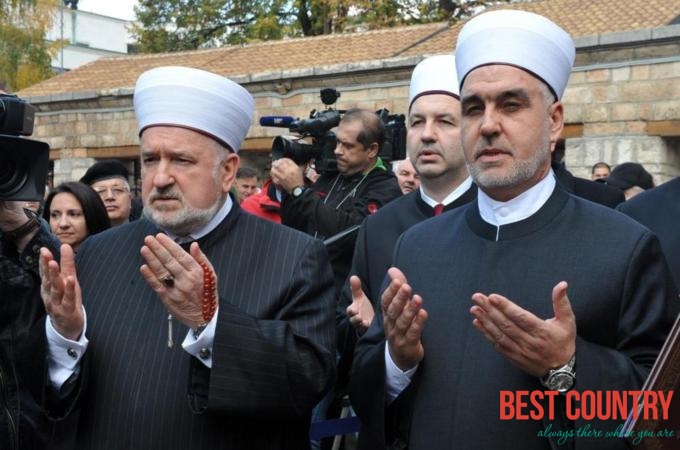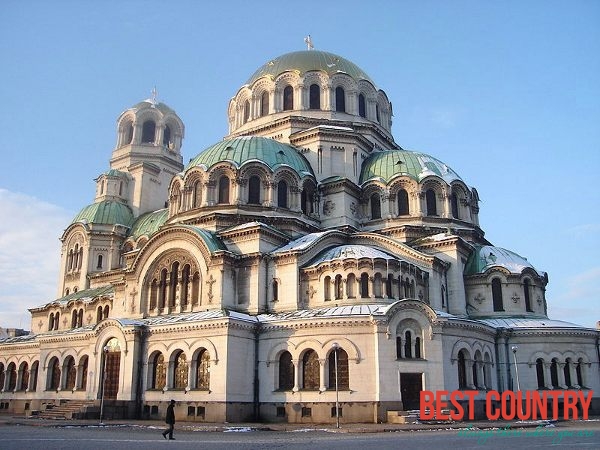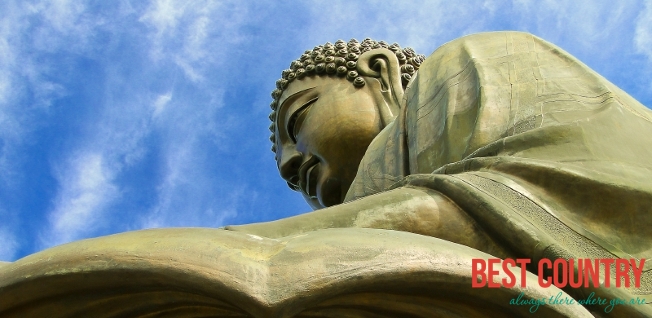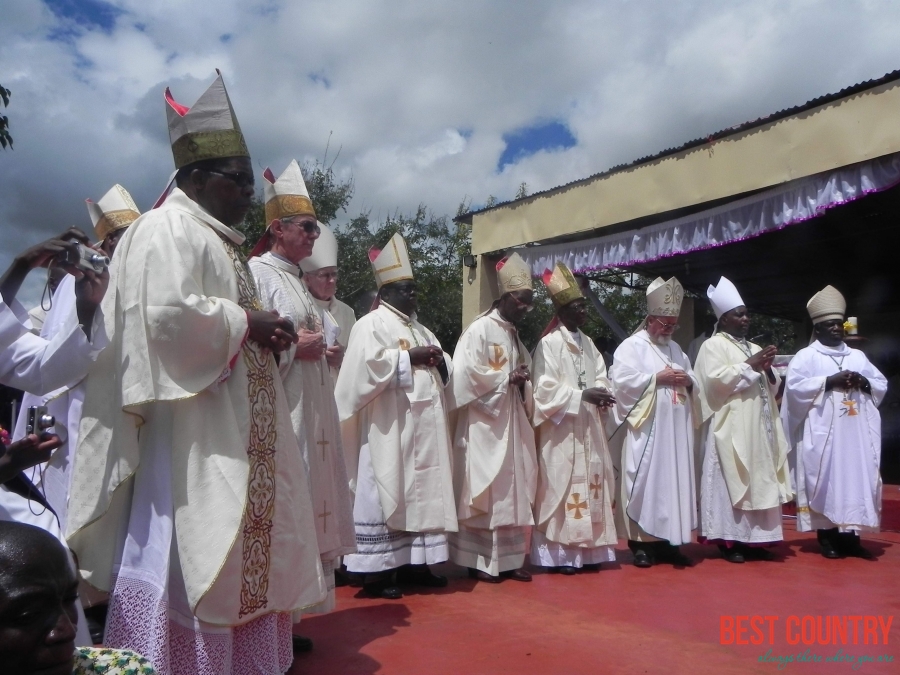Religion in different countries
Religion in Armenia
Up to 97% of Armenians follow Christianity, which has existed in Armenia for over 1,700 years. Armenia has its own church, the Armenian Apostolic Church, which most Armenians follow. Christianity has a strong influence in the country, but there is a small presence of other religions too.
Religion in Algeria
Religion in Algeria is dominated by Muslims at about 94% of the population. There are also almost 500,000 Christians, mostly pentecostal protestants. There are nearly 1000 Jews in Algeria. Islam, the religion of almost all of the Algerian people, pervades most aspects of life. It provides the society with its central social and cultural identity and gives most individuals their basic ethical.
Religion in Australia
Religion in Australia is diverse. The Constitution of Australia of 1901 prohibits the Commonwealth government from establishing a church or interfering with the freedom of religion; however, the country is predominantly Christian.
Religion in the Virgin Islands
As in most Caribbean countries, Christianity is the dominant religion in the Virgin Islands. In a reflection of the territory's Danish colonial heritage, Protestantism is most prevalent. There is also a strong Roman Catholic presence due to the large Hispanic population as well as Irish influence during the Danish colonial era.
Religion in Azerbaijan
The religions of Azerbaijan comprise different religious trends spread among the people and ethnic groups residing in the country. There are several confessions in Azerbaijan.
Religion of Gibraltar
Gibraltar's main religion is Christianity. The great majority (78%) of Gibraltarians belong to the Roman Catholic Church. The sixteenth century Saint Mary the Crowned is the cathedral church of the Roman Catholic Diocese of Gibraltar, and also the oldest Catholic church in the territory.
Religion of Hungary
Hungary claims no official religion and guarantees religious freedom. More than half the people are Roman Catholic, most of them living in the western and northern parts of the country.
Vatican City - Religion
Almost all of Vatican City's little more than 800 citizens either live inside the Vatican's walls or serve in the Holy See's diplomatic corps in embassies (called "nunciatures"; a papal ambassador is a "nuncio") around the world.
Religion of Great Britain
Christianity is the largest religion on the island and has been since the Early Middle Ages, though its existence on the island dates back to the Roman introduction in antiquity and continued through Early Insular Christianity.
Bosnia and Herzegovina - Religions
Historically, part of the Turkish Empire from the 15th century, the provinces of Bosnia and Herzegovina passed into the control of the Austro-Hungarian Empire in 1878. Following World War II, they were incorporated into the Yugoslavian federation.
Religion in Bulgaria
Religion in Bulgaria - whether you are exploring Bulgarian Religious history or other spiritual traditions, you will find the information here inspirational.
Andorra - Religions
Traditionally, over 90% of all Andorrans are Roman Catholic. Though it is not an official state religion, the constitution acknowledges a special relationship with the Roman Catholic Church. The Muslim community (about 2,000 people) are primarily north African immigrants. Other Christian denominations include the Anglican Church, Jehovah's Witnesses, the Reunification Church, the New Apostolic Church, and the Church of Jesus Christ of Latter-Day Saints.
Religion of Hong Kong
Hong Kong has a multicultural population with Chinese, Muslims, Christians, Jews, and Hindus, each with their own set of beliefs and philosophy.
Religion in Malawi
Christianity is one of the most important Malawi religions. It is the religion of most of the people of Malawi. Majority of the Christians in Malawi are Protestants and a less number belongs to the Catholic sect.
